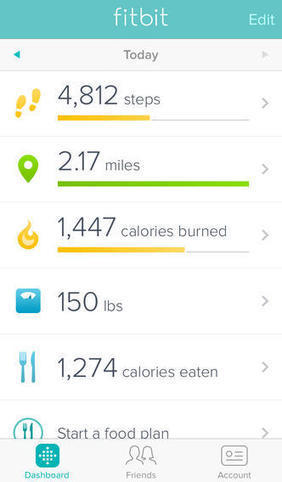Blogs, Journals, News, White Papers To help small practices, vendors need to think like patients
A report on a series of presentations on patient engagement at HIMSS15. The presentations included statistics on patients strong preferences to be notified by texting of appointments and other reminders and their desire to be equal partners in healthcare decision making
Telemedicine market to soar past $30B
An increasing aged population and healthcare costs are propelling the market growth.
Why what works for Uber may not work for medical apps
While many innovators and futurist like to see Silicon Valley startups with high valuations as a model for healthcare. This excellent piece points out the weakness of this argument - healthcare is based on a social contract, the risk of losing everything (not an option in healthcare), unnecessarily galvanizing the opposition, misreading the law, Uber’s strategy hasn’t even worked in the transportation industry yet (they now have 70 lawyers).
Patients and Families as Partners
Amer Haider of the startup Doctella shares his experience with his father’s hospitalization and the frustration of trying to obtain personal health information. Amer is an advocate of involving patients in patient safety through the use of checklist, but this hospital frustrated his attempts to get involved in a family member’s care.
My Medical Records | How To Get Them
From the Louisiana Health Quality Forum which is promoting getting one's health data - how and what to get - directly to patients. An important direct to consumer approach which should be copied by other states.
This strong argument for patient access to medical records proposes an approach from a Frost and Sullivan white paper on using PHIEs rather than HIEs to get patients their data. Quotes leaders in the field including David Kibbe..
Sharing Your Fitness Tracker Data? ‘Pace’ Yourself
This article discusses the potential uses of fitness tracking devices in research. Runkeeper meets researcher.
Social Media Use in Chronic Disease: A Systematic Review and Novel Taxonomy
From the American Journal of Medicine, this literature review showed that "48% of studies indicating benefit, 45% neutral or undefined, and 7% suggesting harm. Using social media to provide social, emotional, or experiential support in chronic disease, especially with Facebook and blogs, appears most likely to improve patient care."
5 Things You Should Know About Your Electronic Medical Records
From the Cleveland Clinic blog, a good basic primer for patients on their portal. The author, Steven Nissen, MD, warns that it may include medical jargon you may not understand but it will keep you well informed about your health numbers and your doctor's recommendations (assuming your portal has Open Notes).
The 2015 #HIT99 Results Are In..
.
Via rob halkes



 Your new post is loading...
Your new post is loading...









Very inspiring collection of presentations and outcomes of the HIMSS meeting! Every bit a stimulating read.
Each a fundamental aspect of getting to ehealth
Very inspiring collection of presentations and outcomes of the HIMSS meeting! Every bit a stimulating read.
Each a fundamental aspect of getting to ehealth